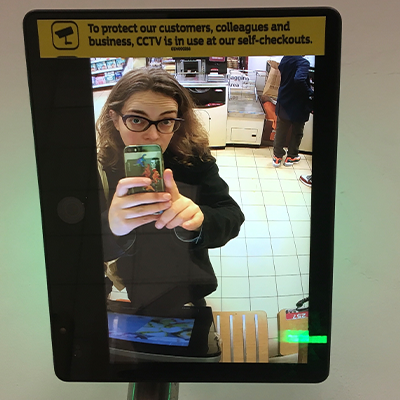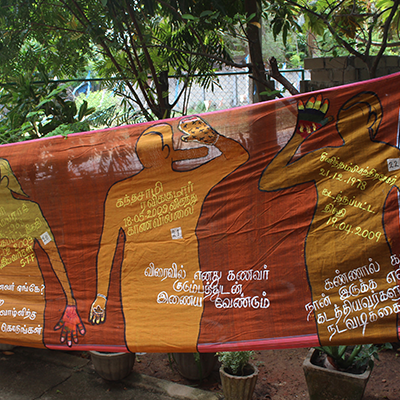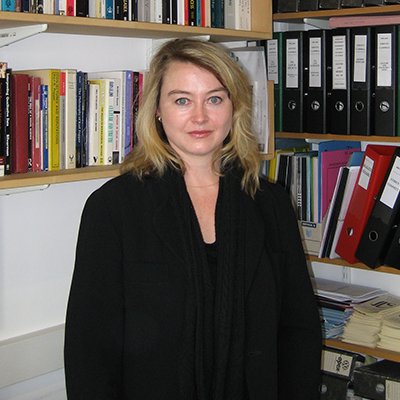Research-led teaching in Criminology
Criminology at Goldsmiths is taught by researchers from across the Department of Sociology, each with their own specialism. Here is just a taste of how our research informs our teaching.
Explore our research in the area of Criminology:

Introducing Dr Jennifer Fleetwood, Convenor of BA Criminology
Dr Jennifer Fleetwood is a criminologist interested in why people break laws. Her research especially looks at women’s involvement in the drug business, including international drug trafficking. She is one of the leading proponents of narrative criminology, which seeks to explain crime (and resistance to it) by attending to people’s personal narratives. Jennifer leads Explaining Crime, a core second-year module.
She says: "The 'why' question is fundamental to criminology and the debate is very lively. I want students to see themselves as part of that conversation, not as an observer to academic debate but as theorists in training.”

Spotlight on crime and cities
Dr Theo Kindynis is a cultural criminologist at Goldsmiths. He is interested in deviant subcultures and how they use and think about urban space. His research has looked at graffiti writing, urban exploration and shoplifting.
Theo teaches Crime, Control and the City, a third-year option module. He says: "This module looks at crime, policing and the city and how all three are interrelated. We look at topics including the 2011 riots, pirate radio, graffiti writing, the militarised policing of protest, facial recognition CCTV, shoplifting, the social media spectacle of illegal ‘urban exploration’, anti-homeless spikes, and the Grenfell Tower fire.

Spotlight on law and contemporary society
Dr Kiran Grewal is the convenor of the MA in Human Rights, Culture and Social Justice and co-director of the Unit for Global Justice at Goldsmiths. Formerly a lawyer, Kiran’s research looks at how different groups in society engage with the law.
Kiran runs the second-year module, Law and Contemporary Society. In this module, you'll look at the ways in which law interacts with a range of social institutions, processes and debates. Examples include how the law views and regulates the body or the family and how this relates to societal attitudes and practices.

Spotlight on law and identity
Professor Kirsten Campbell is a sociologist and lawyer working on sexual and gender-based crimes in international criminal law. She is a leading expert in this area and has worked on policy and practice with non-governmental organisations, the UN, the UK and the EU.
Kirsten convenes the third-year option course, Law, Identity and Ethics. In the course, you explore key debates about law and identity. How does law construct identity? Does law only reflect the interests of powerful social groups, or can it help change social inequalities? What kinds of justice does law provide?